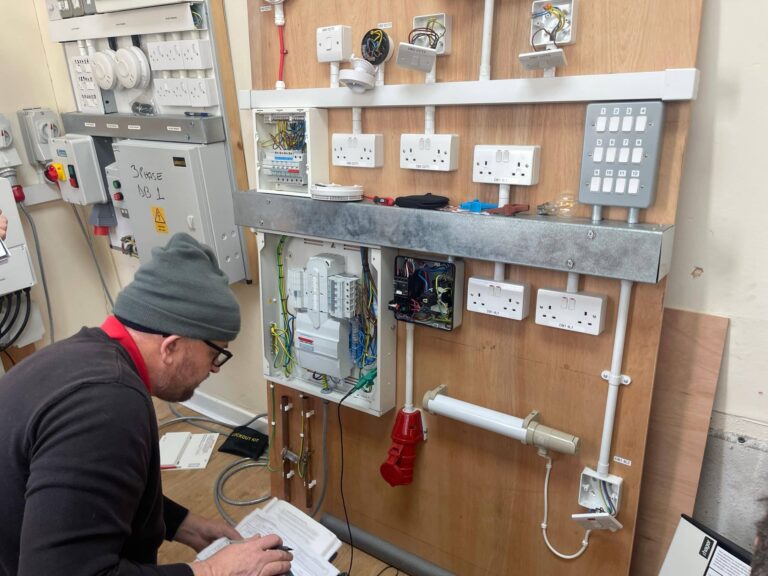
LASIK eye surgery has become a sought-after solution for vision correction worldwide, and Los Angeles, with its diverse demographics, is no exception. The effectiveness of LASIK can vary depending on a range of factors, with age being one of the most significant. At Excel Laser Vision Institute, Doctor Ferzaad Moosa and his team are committed to helping patients from all age groups understand how their age may impact the outcomes of LASIK eye surgery. Here’s a detailed look at what specific age groups in Los Angeles should consider when contemplating LASIK.
LASIK and Its Age-Related Considerations
LASIK, or Laser-Assisted In Situ Keratomileusis, involves reshaping the cornea to correct refractive errors such as nearsightedness, farsightedness, and astigmatism. While the procedure has a high success rate, age-related changes in vision can affect both the suitability and the outcomes of LASIK.
Young Adults (Ages 18-40)
Young adults typically make excellent candidates for LASIK. At this stage, individuals often have stable prescriptions and healthier eyes—key factors that contribute to effective LASIK results. For younger people, especially in a vibrant city like Los Angeles where outdoor activities and a fast-paced lifestyle are common, LASIK can offer significant lifestyle enhancements—freedom from glasses and contacts during activities such as hiking, surfing, and enjoying the nightlife.
Middle-Aged Adults (Ages 40-60)
As people enter their 40s and 50s, they often develop presbyopia, an age-related condition that affects near vision. While traditional LASIK is designed to correct distance vision, modifications like monovision LASIK can be considered, where one eye is corrected for near vision and the other for distance. Doctor Moosa provides thorough consultations to discuss options that cater to the lifestyle and vision needs of middle-aged adults, ensuring that they achieve the best possible results from their LASIK eye surgery.
Seniors (Ages 60 and above)
For older adults, the decision to undergo LASIK involves additional considerations. Age-related eye conditions such as cataracts or the onset of age-related macular degeneration can affect LASIK’s viability and outcomes. Doctor Moosa evaluates each senior patient carefully to determine if LASIK is a safe option or if other vision correction surgeries like cataract surgery might be more appropriate. For seniors without significant eye health issues, LASIK can still be a beneficial option, potentially enhancing quality of life by reducing dependence on corrective eyewear.
Post-LASIK Considerations for All Ages
Regardless of age, post-LASIK care is crucial. Patients in Los Angeles need to follow Doctor Moosa’s post-surgery care instructions closely, which include using prescribed eye drops, attending follow-up appointments, and protecting eyes from the strong Southern California sun.
Conclusion:
Age plays a pivotal role in determining the suitability and success of LASIK eye surgery. At Excel Laser Vision Institute in Los Angeles, Doctor Ferzaad Moosa tailors the LASIK process to accommodate the specific needs of each age group, ensuring every patient receives personalized care designed to optimize their vision correction results. If you’re considering LASIK, a detailed consultation with our team can help you understand how your age might influence your LASIK outcomes.







